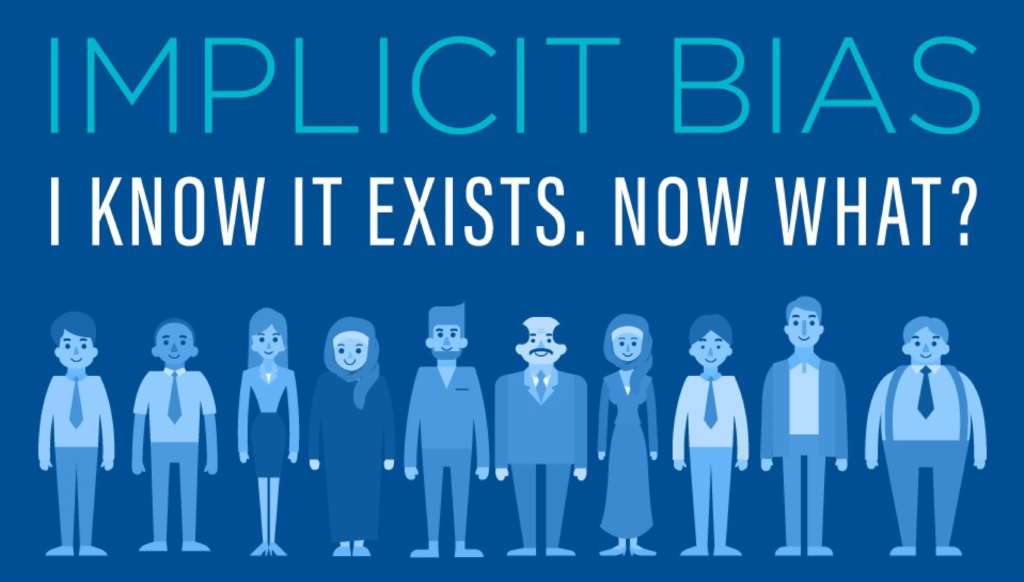
The Ohio State University Kirwan Institute for The Study of Race and Ethnicity defines implicit bias as attitudes or stereotypes that affect our understanding, actions, and decisions in an unconscious manner. They further explain that these biases, which encompass both favorable and unfavorable assessments, are activated involuntarily and without an individual’s awareness or intentional control. Residing deep in the subconscious, these biases are different from known biases that individuals may choose to conceal for the purposes of social and/or political correctness. Rather, implicit biases are not accessible through introspection.
In review of this definition, I applied it to the issue of disproportionate school discipline that has been around since the 1970s. How is it that we haven’t found a remedy to bring some form of resolve or a contingency plan to reduce the effects of the poor discipline? Each year the issues of equity in school discipline grow swiftly. Researchers have completed hundreds of studies to bring about adequacy but to no avail.
This longstanding issue of fixing the loopholes in school discipline data have stomped so many. Today, data trends show that the most considerable inconsistencies are of African American students and African American students with disabilities. In most situations, we find that African American students are the minority population. However, they are the majority when it comes to out of school suspensions and expulsions as compared to white students.
As I reflected on my teaching career, in hindsight, I must admit that all my decisions in the discipline weren’t the best. There have been times when someone would ask me a question, and I will answer ungrudgingly. Then another student would ask the same question, but my response would be much harsher. It took some time for me to recognize that, but I was able to correct that undesired behavior.
I believe it is evident that everyone has some form of built-in implicit bias, we as individuals must continually reflect on our actions and decisions to ensure that our actions are not based on unconscious bias we yet to realize. Acknowledging and correcting this behavior will assist tremendously with the mitigating disproportionality in school discipline.
Worked Cited:
Educat4ion Week (2013). Baltimore leader helps district cut suspensions. Accessed at: http//www.edweek.org/ew/articles/2013/02/06/20ltlf-brice.h32.html
McIntosh, K., Ellwood, K., McCall, L., & Girvan, E. J. (2018). Using Discipline Data to Enhance Equity in School Discipline. Intervention in School and Clinic, 53(3), 146–152. https://doi.org/10.1177/1053451217702130
Rudd, T. (2020). Racial Disproportionality in School Discipline: Implicit Bias Is Heavily Implicated: https://racism.org/articles/law-and-justice/criminal-justice-and-racism/195-prision-industrial-complex-and-mass-incarceration/schooltoprison01/1741-racial-disproportionality-in-school-discipline?tmpl=component&print=1
Gastic, B. (2016). Disproportionality in School Discipline in Massachusetts. Education and Urban Society, 49(2), 163–179. doi: 10.1177/0013124516630594